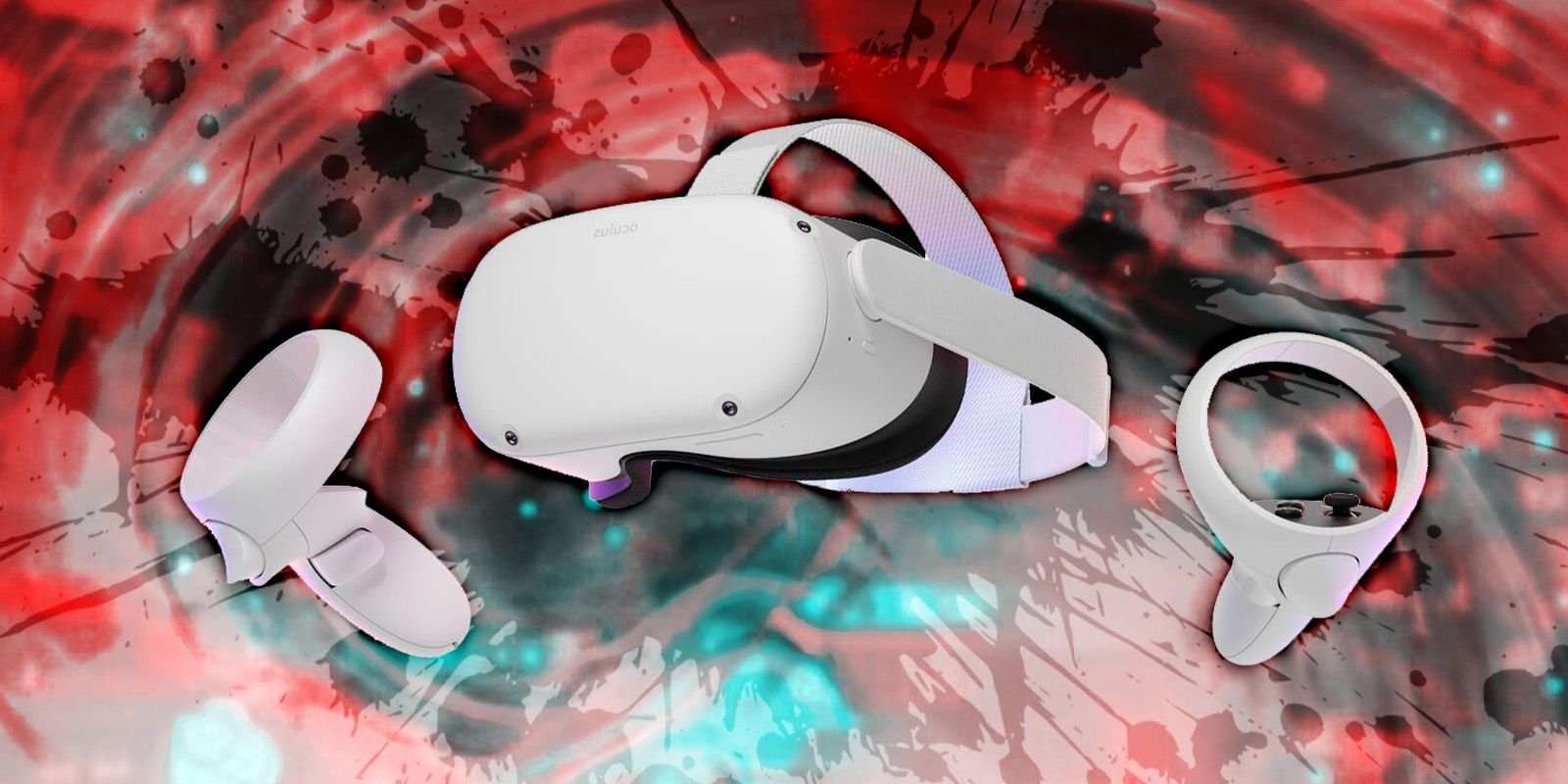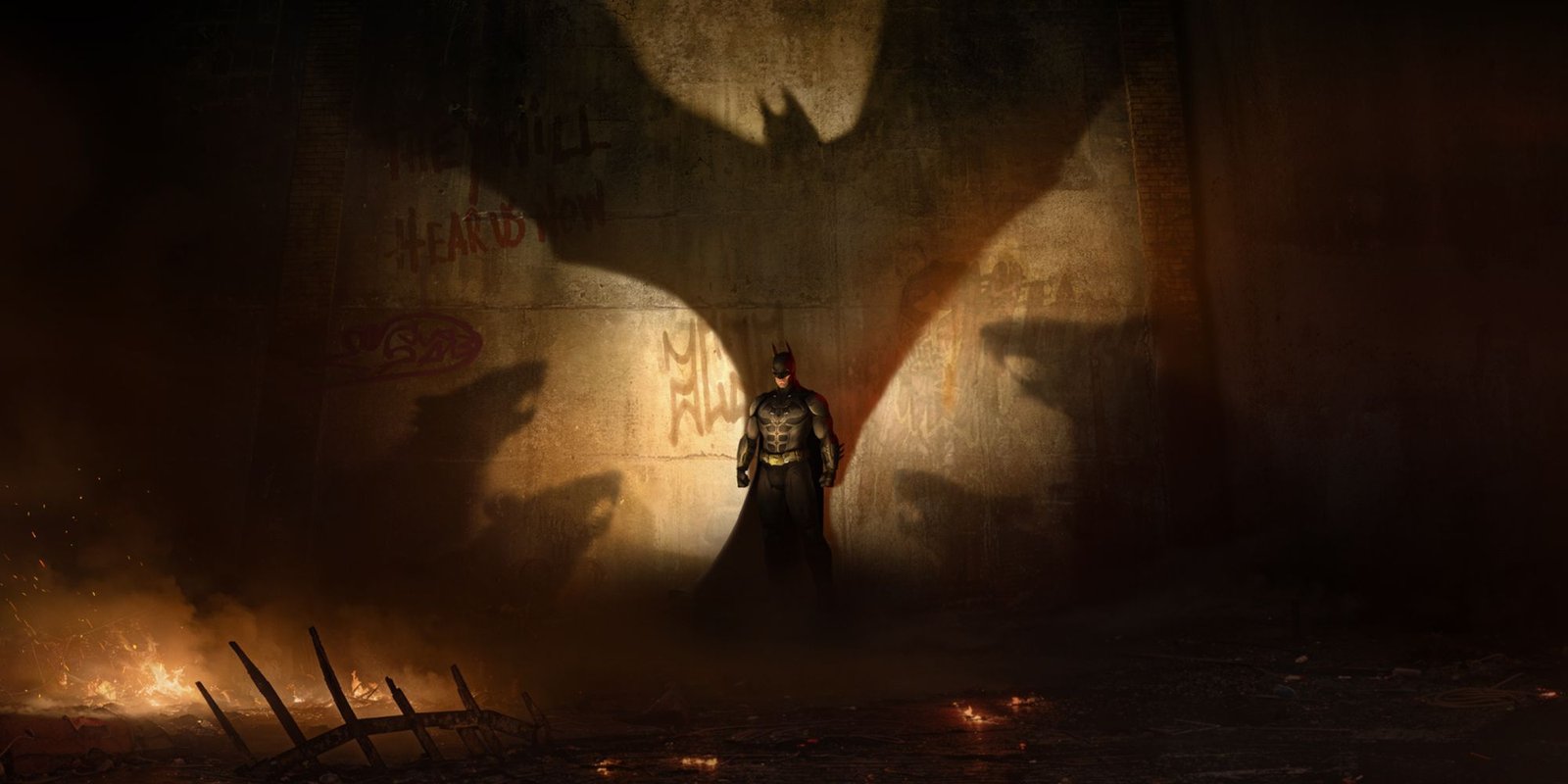Like a lot of people, I haven’t had the luxury of jumping into Batman: Arkham Shadow, but the frustrating reason that I can’t might not be an entirely bad thing. As the first title to bear the iconic Batman: Arkham name in years, Arkham Shadow could be an exciting return to a richly atmospheric take on Gotham. The problem is the platform. As a VR title, Arkham Shadow is already off-limits to many, and its status as a Meta Quest 3 exclusive means that the majority of VR fans don’t even have the right hardware.
I’ve always liked VR, but I was a late adopter in terms of personally owning a headset, a long-term wish that I finally fulfilled by nabbing a Quest 2 in 2023. While I’ve played some impressive Quest exclusives like Assassin’s Creed Nexus VR, I mostly use my Quest 2 as a cheap alternative to a dedicated PCVR headset. Hooking it up to my computer with the Link cable makes it easy (well, sometimes) to play some demanding VR titles, and aside from a few shiny PlayStation exclusives, there isn’t much in the VR world that can’t be enjoyed with this setup.
Arkham Shadow’s Quest 3 Exclusivity Serves A Purpose
The number one reason for game exclusivity can typically be summed up in one word — money. That’s definitely in play with Batman: Arkham Shadow‘s exclusivity, and I don’t have any interest in mounting a defense of Facebook — ahem, Meta — against accusations of self-interest. Locking the game to the Quest 3 (and bundling it for free) will help move units, and moving units means more people buy into Meta’s ecosystem. The recent introduction of the Quest 3S makes that more accessible, but it’s still not an investment to make lightly.

Batman: Arkham Shadow Hands-On Preview: The Most You’ve Ever Felt Like The Caped Crusader
Batman: Arkham Shadow transports players to Gotham through immersive VR, bringing fast-paced combat, mystery solving, and exciting new storylines.
I’ve always wished that the market didn’t end up so centralized in Meta’s hands, but it did, and that’s kind of the reason that Arkham Shadow exists to begin with. It’s a product of Meta’s Oculus Studios, not traditional Batman: Arkham stewards Rocksteady and WB Games. Under the circumstances, upping the sales of Quest 3 systems might also have some long-term benefits for consumers, at least if it does end up moving as much hardware as Meta is presumably hoping.
The Quest 2 Has Been Holding VR Games Back
The Meta Quest 2 has always been an impressive piece of hardware for its price point, and the inability of other headsets to offer the same value is a big reason why it’s in so many households. At the same time, it’s a far cry from the more powerful VR options on the market. Some compromises mostly just affect the user experience, like weak contrast, a limited field of view, and a default head strap that’s not very comfortable, but the limited graphical capabilities of the headset can have a marked effect on the actual development of VR games.
The Quest 3S bridges the gap between the Quest 2 and 3, sticking with the screen and lenses from the Quest 2 but upping the hardware capabilities.
With the bulk of the VR market being Quest 2 owners, it’s difficult for any company to justify developing a VR game that doesn’t support the platform. Building games that can comfortably run on the Quest 2, however, can force compromises. Some of the most impressive VR games to date are ones that ignore Quest 2 support to push other hardware, like Valve’s Half-Life: Alyx and Sony’s Horizon: Call of the Mountain, which serve as testaments to what the Valve Index and PS VR2 can do.
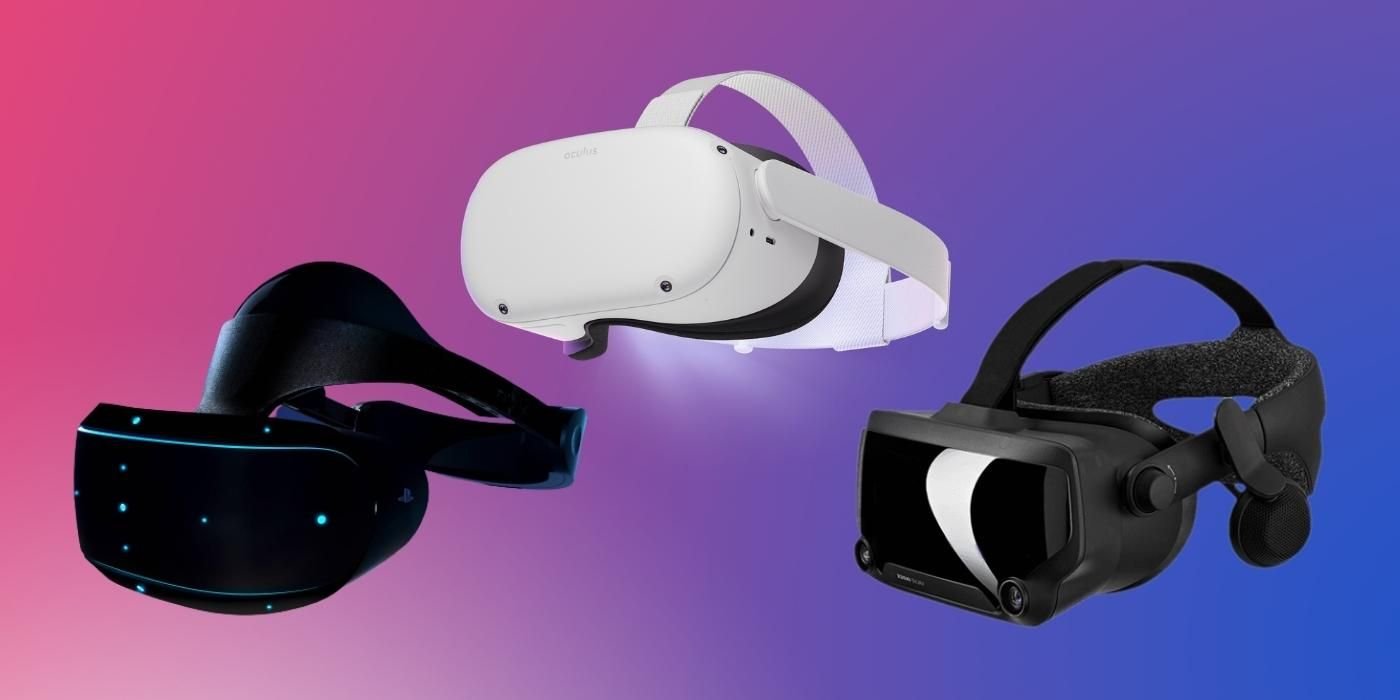
PSVR 2 Specs Compared To Oculus Quest 2 & Valve Index
Sony has released its upcoming PlayStation VR2 specs, but how does it compare against Meta’s Oculus Quest 2 and the Steam-powered Valve Index?
Hardware limitations aren’t always a bad thing, and the race for higher fidelity and more expansive experiences has made the gaming industry more volatile by ballooning budgets and development time. My PS2 brings me more joy than my PS5 overall, and I’m often more drawn to games that effectively nail a limited scope than titles that cash in on a bigger-is-better mentality. With VR, however, the promise of immersion and the elusive blockbuster VR experience is a huge selling point, and the Quest 2 can only take things so far.
Batman: Arkham Shadow Could Be A Turning Point For VR
Based on the reception so far, Arkham Shadow is shaping up to be that rare blockbuster VR experience, and it could help pave the way for more if it does boost the sales of the Meta Quest 3. I’m still a big proponent of PCVR, and I’d be happy to see the market unshackle itself from the Quest ecosystem entirely. For the time being, however, that feels like a pipe dream, and getting more powerful Quest hardware into more hands could still open up more possibilities for VR game development.
I’m sure that Arkham Shadow could have been feasibly ported to the Quest 2 and optimized to run on it with some compromises, and I’d be somewhat excited to see that happen. Games like Assassin’s Creed Nexus VR and Asgard’s Wrath 2 prove that ambition is still possible on the aging hardware, and the fact that all the systems are Android-based means that a Quest 3 app can generally be opened on the Quest 2 with workarounds, no matter how poorly it might run. The decision to exclude Quest Pro compatibility is the worst part, as that hardware could handle it.
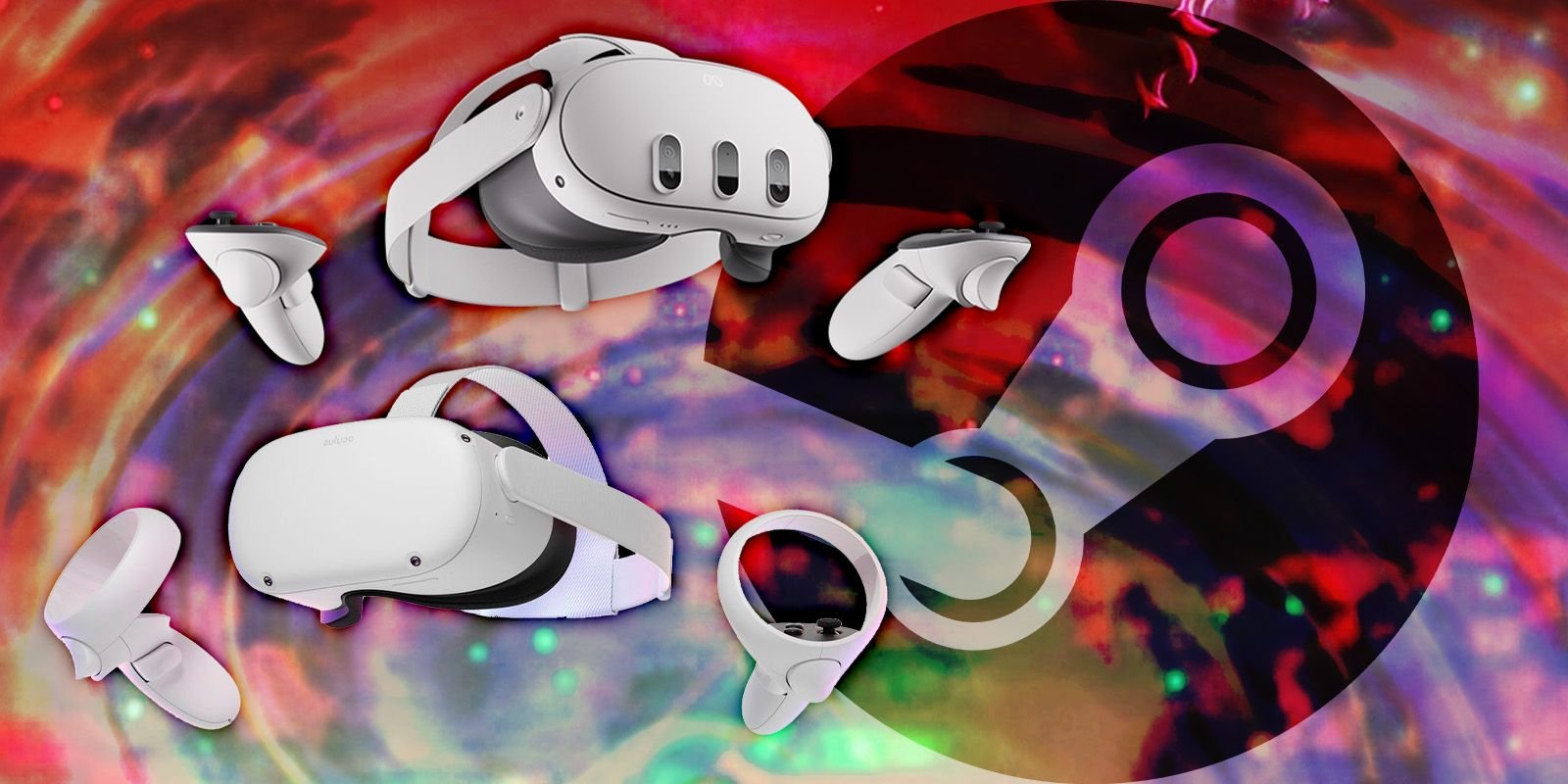
How To Play Steam Games On Meta Quest 2 & 3
One headset feature for the Meta Quest 2 & 3 is the ability to play different Steam games through virtual reality, but only with the right system.
Looking at the big picture, though, it’s the kind of pain point that has driven the gaming industry for decades. Dropping support for the prior generation has always gone hand in hand with developing new technology, and trying to eke the most out of underpowered hardware can sometimes be even more complicated and costly. If the active Quest userbase ultimately starts to shift toward the Quest 3, that should help VR games across the board, and even people like me who use a Quest 2 as a PCVR headset stand to benefit overall.
As a long-term fan of the Batman: Arkham games, I’d love to play Arkham Shadow. I’d also love to see a thriving VR marketplace, however, and I want to believe that the Quest 3 could help. I don’t think restricting Batman: Arkham Shadow to the Meta Quest 3 is necessarily the right move for the game, but it likely wouldn’t have been made at all without the purpose of pushing the Quest 3, and there might be an upside in the long run.
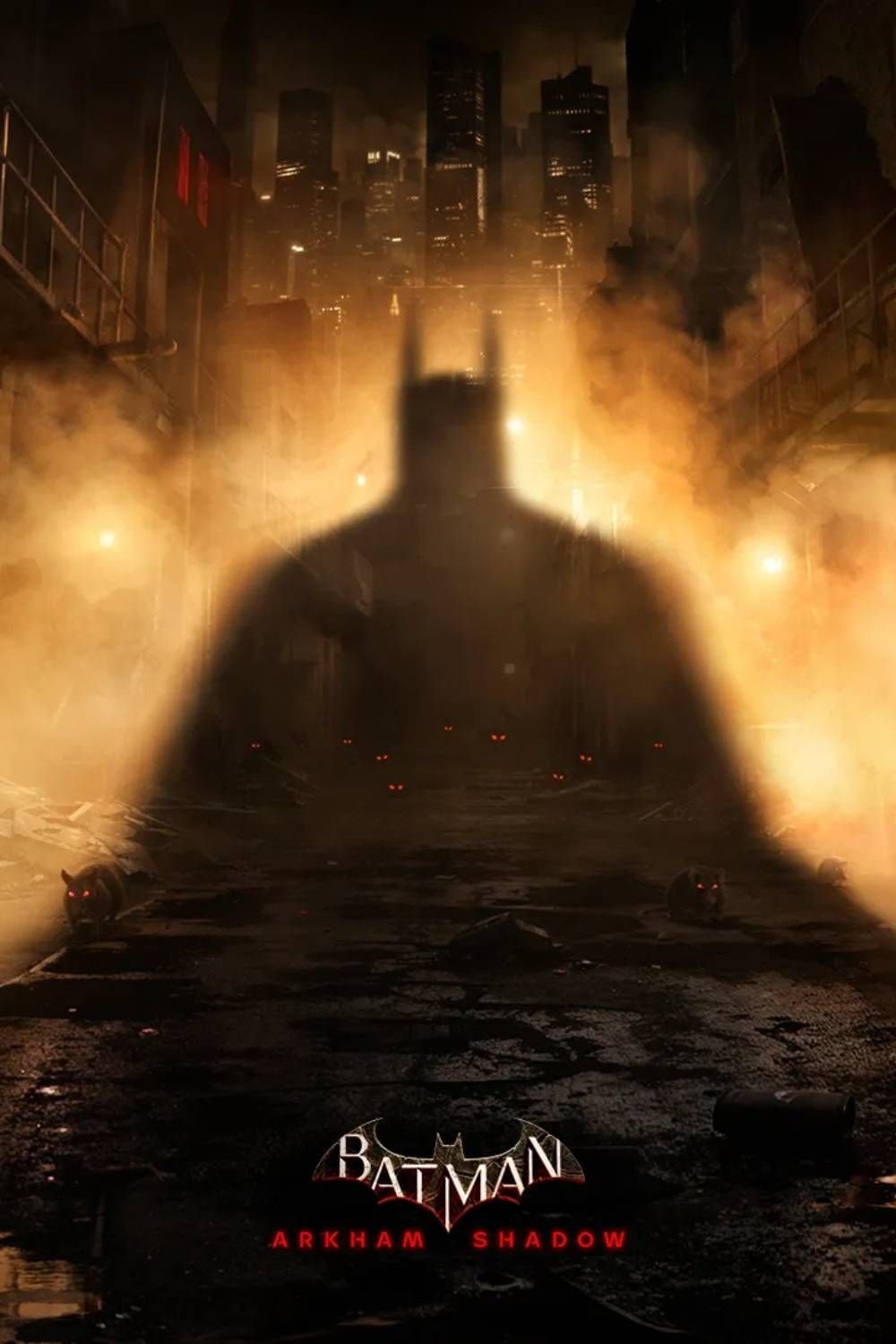
- Platform(s)
- Meta Quest 3 , Meta Quest 3S
- Released
- October 21, 2024
- Developer(s)
- Camouflaj
- Publisher(s)
- Oculus


